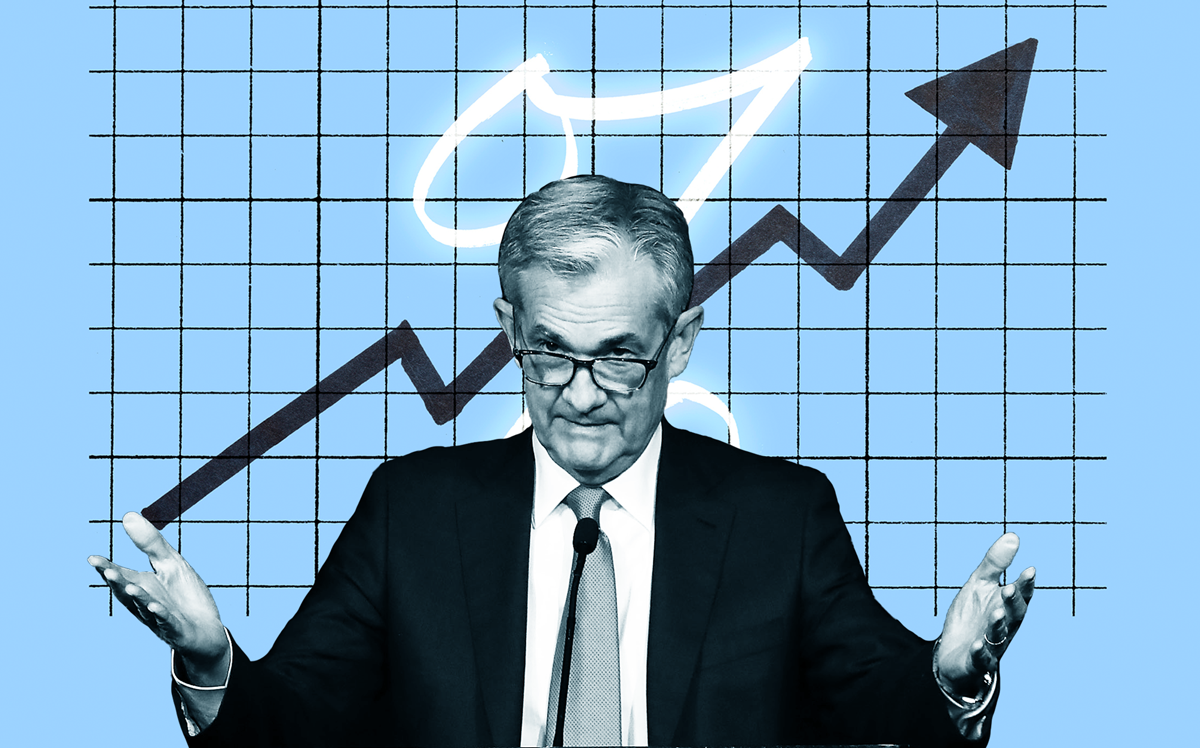The Federal Reserve raised rates on Wednesday for the fourth time this year, citing a strengthening labor market and strong economic activity.
The Fed raised the benchmark federal funds rate to between 2.25 percent and 2.5 percent.
Rates are now at their highest level since 2008 amid many indicators that the housing market is slowing down. In October, the U.S. Commerce Department reported that new home sales dropped 8.9 percent compared to September, marking an almost two-and-a-half-year low.
Part of the slowdown is due to higher mortgage rates, which are making mortgage payments more expensive, expert say. If interest rates continue to increase it will push mortgage rates to higher levels.
The latest rate hike is the ninth since December 2015. The Fed said in statement “job gains have been strong,” the unemployment rate has remained low and inflation remains at near 2 percent.
Yet, Fed officials now seem more likely to only raise rates once or twice in 2019, rather than three times, as previously expected. In September, nine out of 17 Fed officials projected that rates will rise at least three times in 2019, but now only six Fed officials expect rates to rise three times or more in 2019, according to the Wall Street Journal.
The Fed’s rate hikes have come under increasing criticism from President Trump, who said in a tweet the Fed should “Feel the market, don’t just go by meaningless numbers.”
Trump made these remarks as the stock market has dropped significantly over the past two months. The S&P 500 Index is down nearly 13 percent since the start of October.
